
Data for Humanity
Improve your health equity programs with a socioeconomic data donation from FinThrive

We are no longer accepting Data Humanity Lab applications at this time.
We are happy to share we have three amazing projects we are donating data and research efforts to for advancing health equity across the U.S. in 2024. Check back for future updates.
Introducing the Data Humanity Lab
FinThrive’s Data Humanity Lab is designed to help researchers, providers and payers accelerate health equity within the US healthcare ecosystem. By donating Social Determinants of Health (SDOH) data to select organizations, together we can improve existing intervention programs, develop predictive models and study the impact of socioeconomic factors on health outcomes.
"Health equity needs to be improved now; we will not wait. That is why we are donating data across the healthcare ecosystem. We want to advance research and health equity programs to understand the impact they will have on population health."
Hemant Goel
President and CEO, FinThrive
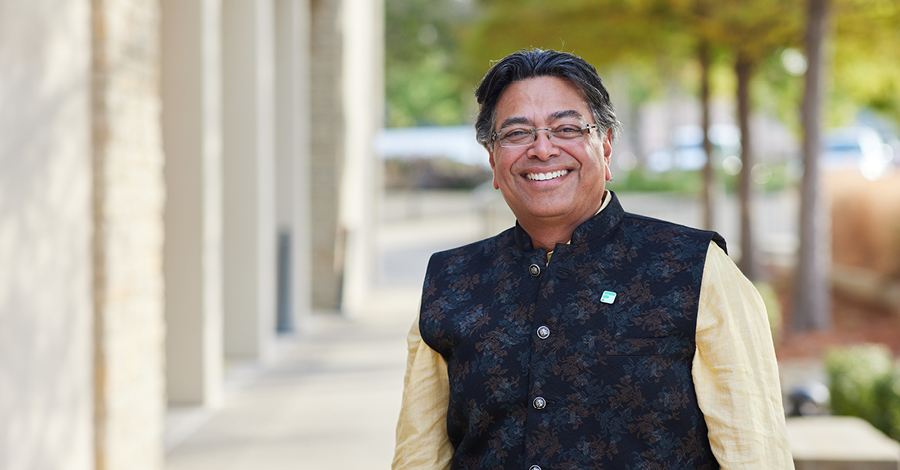
Apply for a data donation to improve your organization’s existing health equity initiatives
For a more holistic picture of the people and communities you serve, you need more than clinical data. Understand the socioeconomic barriers that can influence health disparities and outcomes to improve population and individual health. Apply to receive an SDOH data donation from FinThrive in order to advance your health equity initiatives—impacting whole populations down to the individual level.
We are no longer accepted applications at this time. Check back for future updates.
Pioneering data for humanity
FinThrive is the first organization to donate SDOH data to accelerate health equity.
Empowering the movement to build healthier communities
Research-based partnerships focused on discovering scalable interventions to address health equity gaps.
Putting the equity back into healthcare
Socioeconomic data can expose systemic inequities that have seeped into healthcare.
SDOH Statistics at a Glance
30 M
American households who haven't had enough to eat in the past seven days1
50%
Social determinants represent 50% of the cost structure in Medicare and Medicaid in the USA 2
90%
of US physicians report that some of their patients have a social condition that affects their health 2
We are confident that our relationship with FinThrive will continue to advance our ability to provide reprieve to those who need it most. This partnership represents RIP Medical Debt’s commitment to our mission—abolishing financially burdensome medical debt.
Allison Sesso
President and CEO, RIP Medical Debt
I am so proud of the amazing team whose dedication, focus and unwavering humanistic approach allowed us to gain insight into the significant role generational poverty plays in health equity and the need to prioritize a patient’s economic status in a meaningful way within healthcare.
Dr. Michael McCarthy
Associate Professor, Data Science, Utica University
We saw a lot of behavioral and substance abuse issues, and it became clear that we needed specialized teams to address those areas.
John Milligan
CEO, Upstate Family Health Center
This is a time to pivot in how we are taking care of patients, opening up access and providing care for all people.
Dr. Omar Lateef
President and CEO, Rush University Medical Center
Our work has been focused on solving these complex problems. We must go outside of our doors and enlist partners to help. The life expectancy gap is the problem we need to solve, and in order to do this, we have to name the root causes.
Dr. David Ansell
Senior VP of Community Health Equity, Rush University Medical Center
How Organizations are Using FinThrive SDOH Data Attributes
Utica University
Learn how Utica University applied FinThrive SDOH insights to power their socioeconomic study; helping highlight where healthcare service organizations need to invest resources to improve community health, one family at a time.
RIP Medical Debt
Learn how RIP Medical Debt uses the power of data to launch patients toward financial freedom by relieving $9B in medical debt.

Healthcare Rethink a FinThrive Podcast
Addressing SDOH Challenges and More
Learn how RIP Medical Debt uses the power of data to launch patients toward financial freedom by relieving $9B in medical debt.
Thoughts from the FinThrive Data Humanity Lab Leaders

John Yount
Chief Innovation Officer
"FinThrive leads the way in rethinking revenue management – our Data Humanity Lab is a vehicle to help ensure that we lead the way for health equity too."

Sam Ferraye
Vice President, Innovation
"Everyone deserves the best care possible and help in reaching it. FinThrive is playing a key role in moving this from a concept to a reality."
Questions?
FinThrive Accreditations | Learn More





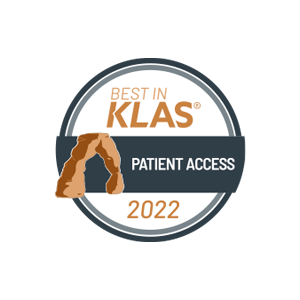
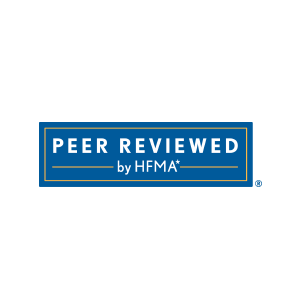

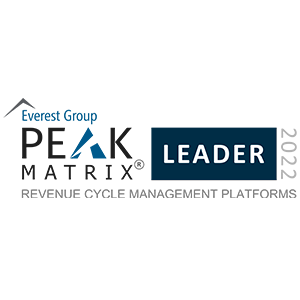
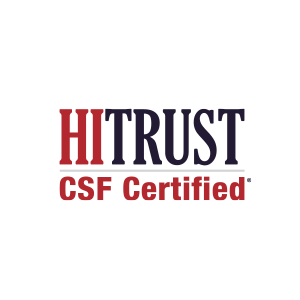



Sources:
1. https://www.census.gov/data/tables/2020/demo/hhp/hhp12.html
2. Wake Forest Baptist Medical Center, CIN-Population Health, Medical Center Boulevard, Winston-Salem, NC 27157, USA; b University of Vermont Health Network, The University of Vermont Medical Center, 111 Colchester Avenue – 101PA3, Burlington, VT 05401, US first-page-pdf (sciencedirect.com)
